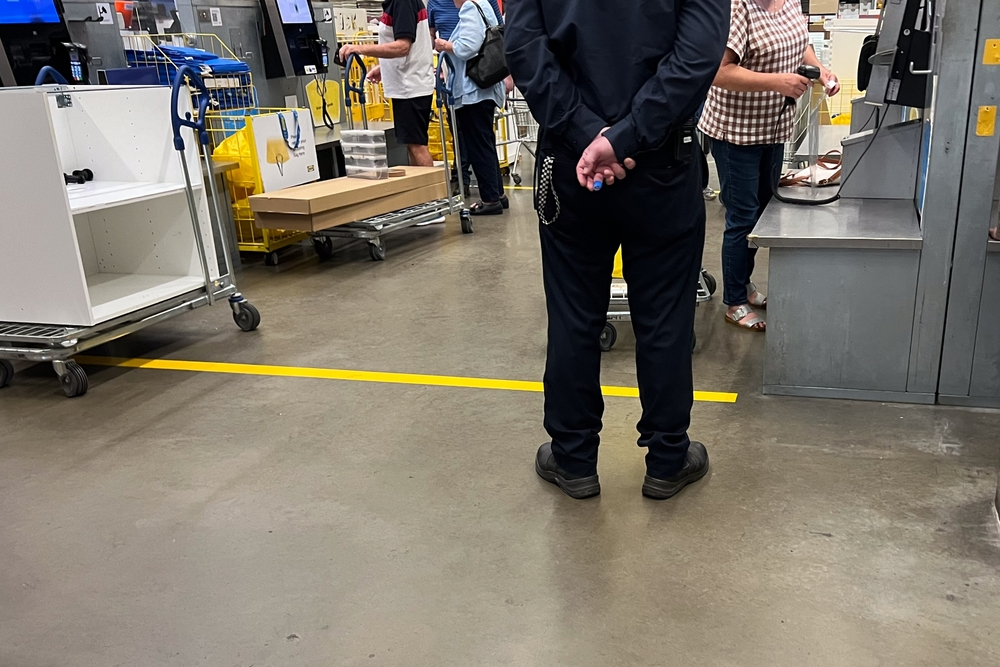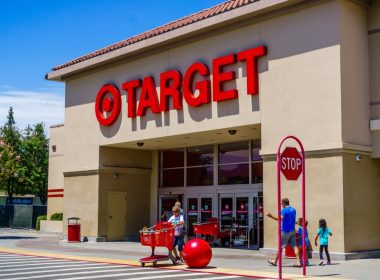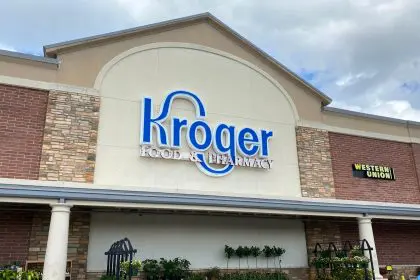A Memphis resident’s attempt to deceive Walmart’s self-checkout system has spotlighted growing concerns about retail theft and the sophisticated measures stores are implementing to combat fraudulent scanning practices.
The evolving landscape of retail security
A calculated deception
In a carefully orchestrated scheme at a Memphis Walmart location, a customer attempted to purchase over $130 worth of merchandise by scanning a single watch battery barcode repeatedly. The incident has drawn attention to the vulnerabilities in self-service checkout systems and their potential exploitation.
The customer’s cart contained everyday items including packaged foods and clothing, suggesting a premeditated plan to circumvent the store’s payment system. Loss prevention specialists identified the suspicious transaction pattern through advanced monitoring systems, leading to immediate intervention.
Retail response and prevention strategies
Technology-driven solutions
Major retailers are increasingly deploying artificial intelligence and machine learning systems to detect irregular scanning patterns at self-checkout kiosks. These sophisticated tools can identify discrepancies between item weights, scanning frequencies, and expected purchase patterns, providing real-time alerts to store personnel.
The retail industry loses billions annually to theft and fraud, with self-checkout systems presenting unique challenges. Stores are now implementing multi-layered security approaches, combining traditional surveillance with cutting-edge technology to maintain the convenience of self-service while protecting against losses.
Impact on retail operations
Shifting security protocols
The incident has prompted retailers nationwide to reassess their security protocols. Many stores are now requiring additional verification for certain high-value items at self-checkout stations, while others are experimenting with camera systems that use computer vision to match scanned items with their corresponding barcodes.
Store employees are receiving enhanced training to identify suspicious behavior patterns, while maintaining a customer-service oriented approach. This balanced strategy aims to preserve the shopping experience for legitimate customers while deterring potential theft.
Community and economic implications
Broader retail ecosystem effects
The ripple effects of systematic theft extend beyond individual stores, impacting local economies and consumer costs. Retailers often must offset losses by adjusting prices, potentially affecting all shoppers in the community. Additionally, increased security measures require substantial investment, further straining operational budgets.
Local law enforcement agencies are collaborating more closely with retailers, developing specialized units focused on organized retail crime. This partnership approach has led to more effective prevention strategies and improved response times to suspected theft incidents.
Future of retail security
The retail industry stands at a crossroads between convenience and security. As self-checkout technology continues to evolve, stores are exploring innovative solutions such as fully automated checkout systems and enhanced verification methods. These developments aim to streamline the shopping experience while maintaining robust security measures.
The integration of biometric security features and digital payment systems may offer additional layers of protection against fraud. However, retailers must carefully balance these technological advances with customer privacy concerns and shopping convenience.
Long-term solutions and industry adaptation
The retail sector’s response to self-checkout fraud continues to evolve, with stores implementing comprehensive strategies that combine technology, training, and community engagement. These efforts reflect a growing understanding that effective loss prevention requires a multifaceted approach.
Industry experts suggest that future retail environments may feature hybrid systems that combine the convenience of self-service with enhanced security measures. This could include AI-powered surveillance, smart cart technology, and improved customer verification methods.
As retail security continues to advance, stores are focusing on creating resilient systems that can adapt to new challenges while maintaining operational efficiency. This ongoing evolution represents a significant investment in protecting both business interests and customer experience.
The incident in Memphis serves as a catalyst for broader discussions about retail security and loss prevention in an increasingly automated shopping environment. As stores continue to adapt their security measures, the balance between convenience and protection remains a critical consideration in the future of retail operations.

















